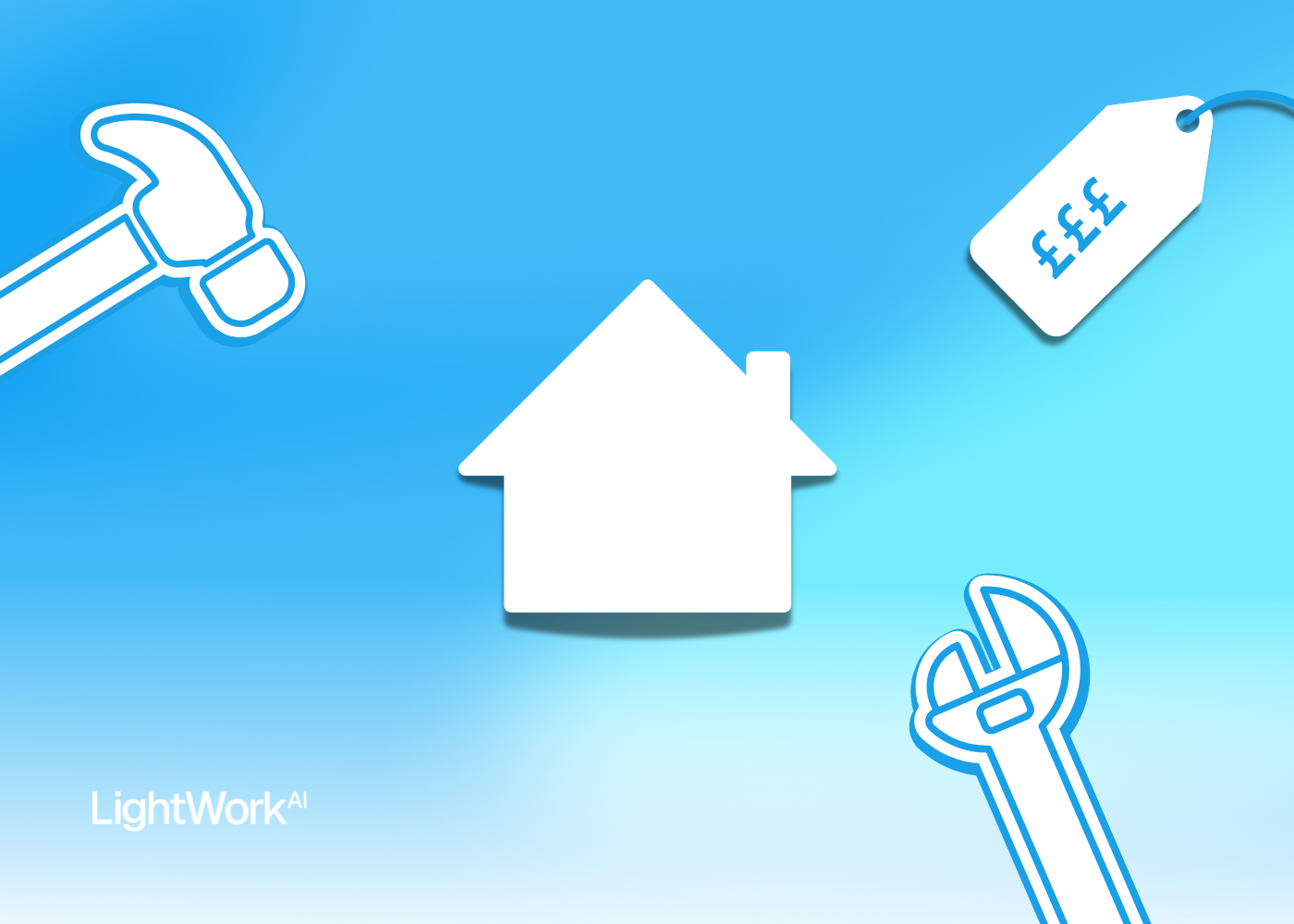The Hidden Costs of Disrepair: What Every Landlord Should Know
When small maintenance jobs are left too long they rarely stay small. What starts as a simple repair can quickly turn into costly bills, fines, and even legal disputes. Now more than ever, keeping on top of repairs is essential for protecting your property, income, and peace of mind.

The consequences of deferred maintenance can escalate rapidly, and could result in multiple unexpected repair bills. Unresolved repair disputes can escalate into formal claims, potentially resulting in compensation awards of 25-50% of the rent for the period during which the property was in disrepair. This compensation can go far beyond a simple rent reduction, as tenants may successfully claim for damage to personal belongings, as well as for health problems worsened by the poor conditions.
A standard housing disrepair claim typically takes 6 to 12 months to resolve. However, this timeframe can be extended due to unresponsive tenants, incomplete evidence, or court backlogs, locking landlords into a lengthy and costly legal process.
Regulatory Fines
Previously, the UK's legal framework outlining landlords' legal obligations was captured under several laws. However, the new Renters’ Rights Bill, being introduced into the private rented sector in autumn 2025, brings them together into a clearer, more enforceable form. For example, the Decent Homes Standard sets a new baseline for private landlords as to what constitutes a reasonable home should look like. Additionally, it gives local authorities stronger power to act when standards are not met.
Laws and Their Hidden Costs
- Landlord and Tenant Act 1985: Establishes your fundamental repair duties. The hidden cost is that insurance won't cover legal fees or compensation if you are sued for failing to meet these duties.
- Homes (Fitness for Human Habitation) Act 2018: Empowers tenants to sue over unsafe conditions. The hidden costs are increased legal risk, legal battles, and court-ordered compensation.
- Housing Act 2004: Defines 29 official hazards and comes with the hidden cost of "Category 1" hazards, which are exponentially more expensive to fix.
- Renters' Rights Bill (Awaab's Law): New legislation that extends strict, legally-binding repair timelines to private landlords. The hidden costs are premium rates for urgent contractors and fines for missing the new deadlines.
When landlords ignore serious disrepair and hazards, a direct intervention from the local council may follow, and they can legally compel you to complete repairs via an ‘Improvement Notice'.
Furthermore, the council may carry out the work themselves and recover all costs from you, or, in extreme cases, issue an order prohibiting the property's use, forcing landlords to relocate tenants until the work is completed.
Invalidated Eviction Notices
Failure to address repairs can invalidate a Section 21 eviction notice, which leaves the landlord powerless to regain their property, even in cases of other issues such as rent arrears.
Retaliatory evictions are explicitly prohibited under the Homes (Fitness for Human Habitation) Act 2018. If tenants can demonstrate that a Section 21 notice was issued as retaliation for enforcing their right to a habitable home, courts may rule in their favour and render the notice void.
Loss of Rental Income
Unaddressed hazards or unsafe layouts can result in properties being classified as 'unfit for human habitation', rendering the property uninhabitable. This could delay rental opportunities, and even after repairs are completed, it could damage your reputation, making it significantly more difficult to attract quality tenants in the future.
Imagine this…
If we ground this in reality, a tenant reports a broken bathroom extractor fan. It's seen but not formally logged. As a result, the task is neglected, and no formal work is done to remedy the issue. What began as a simple maintenance job has now become a serious damp and mould issue, leading to black mould in the bathroom and causing health issues for the tenant. Suddenly, you're not just managing home repairs; you're facing a more substantial hidden cost of disrepair.
Avoiding the Financial Traps of Disrepair
All the exposed costs described above could pose a precarious reality for landlords managing properties with outdated, informal systems for property maintenance. These systems may work... until they don't.
These pressure points don't need to be a burden, but could instead serve as a clear signal to automate your property operations in order to safeguard your portfolio.
How LightWork AI Can Help
With LightWork AI, these tasks are completely automated, particularly necessary in this new era of compliance. It replaces the chaos of emails, texts, and spreadsheets with a single, powerful platform designed to make compliance proactive and in accordance with evolving UK legislation.
LightWork AI helps private landlords by:
- Eliminating the risk of overlooking repair issues by tracking every report from tenant contact to resolution
- Simplifying communication by triaging all interactions between tenants, managers, and contractors
- Ensuring compliance with regulatory deadlines by automating reminders and workflows for property managers and landlords
- Collecting and storing a comprehensive audit trail to protect landlords in inspections and legal disputes
Ultimately, LightWork AI minimises hidden costs by streamlining compliance and maintenance tasks, reducing legal complications, and preventing loss of rental income.
Ready to eliminate hidden costs and future-proof your portfolio?
Contact us or book a demo to see how LightWork AI can transform your maintenance process.

